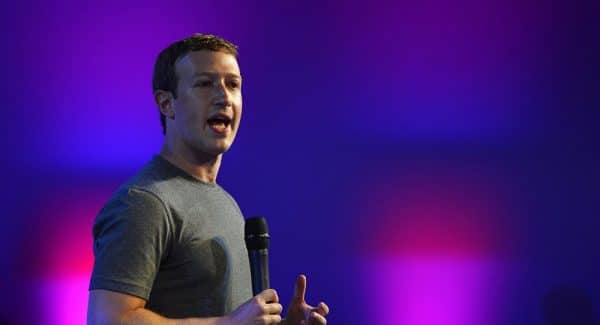Meta wants to harness nuclear power for AI but can Facebook-founder Mark Zuckerberg be trusted?

Meta has announced an ambitious plan to integrate nuclear energy into its sustainability strategy, aiming to secure up to 4GW of new nuclear generation capacity in the United States by the early 2030s. The goal is to power its growing network of data centers and support artificial intelligence innovation while contributing to grid decarbonization. This initiative, while bold, raises critical questions: can Mark Zuckerberg, the man behind Facebook’s data scandals, be trusted to influence the nuclear energy landscape?
Meta’s Request for Proposals (RFP) seeks nuclear energy developers to deliver scalable and cost-effective projects. Unlike the company’s prior ventures into renewable energy sources like solar and wind, nuclear projects come with higher costs, stricter regulatory oversight, and longer development cycles. Meta claims this step is necessary to meet the energy needs of its sprawling infrastructure and AI growth while advancing clean energy technologies. However, critics argue that giving Zuckerberg’s empire a foothold in nuclear energy raises serious concerns about oversight and safety.
Meta has a controversial history of prioritizing its own growth over public trust. From privacy violations to misinformation spread on its platforms, Zuckerberg’s leadership has frequently faced backlash. Handing such a company influence over nuclear projects, which require long-term thinking and airtight safety measures, is a gamble that some experts worry could have long-term consequences.
The company says it has matched its operations with 100 percent clean energy since 2020 and has championed renewable energy contracts globally. However, its pivot to nuclear raises questions about whether this is truly about sustainability or just another way for Meta to secure dominance in a future tech-driven energy market. The company claims the move will help scale nuclear technology, reducing costs and paving the way for broader decarbonization efforts, but critics worry it could also centralize energy resources in the hands of a tech giant known for its monopolistic tendencies.
Meta’s attempt to position itself as a leader in clean energy innovation comes at a time when public skepticism about the motives of tech companies is at an all-time high. While the promise of clean nuclear power to fuel AI breakthroughs is tantalizing, it’s worth asking whether Zuckerberg’s track record inspires confidence in handling such a high-stakes endeavor.
The next wave of nuclear energy may be on the horizon, but its success -- or failure -- depends on the integrity of those steering the ship. And with Zuckerberg at the helm, the risks might be too great to ignore.
